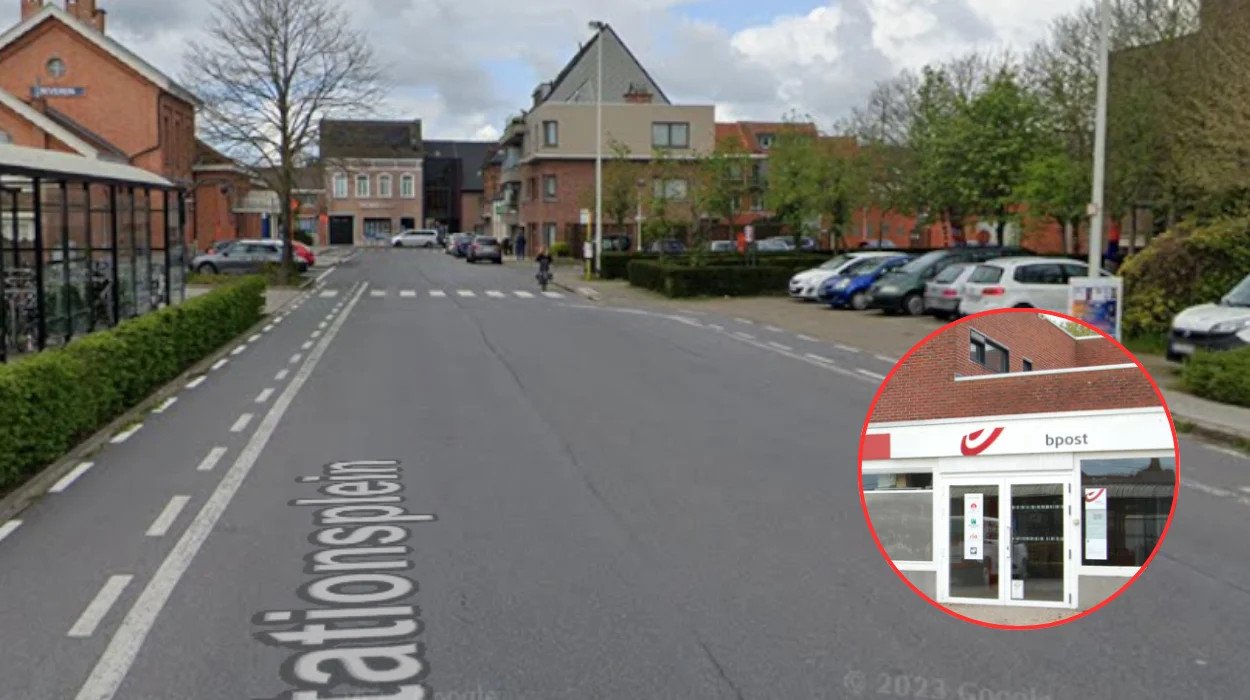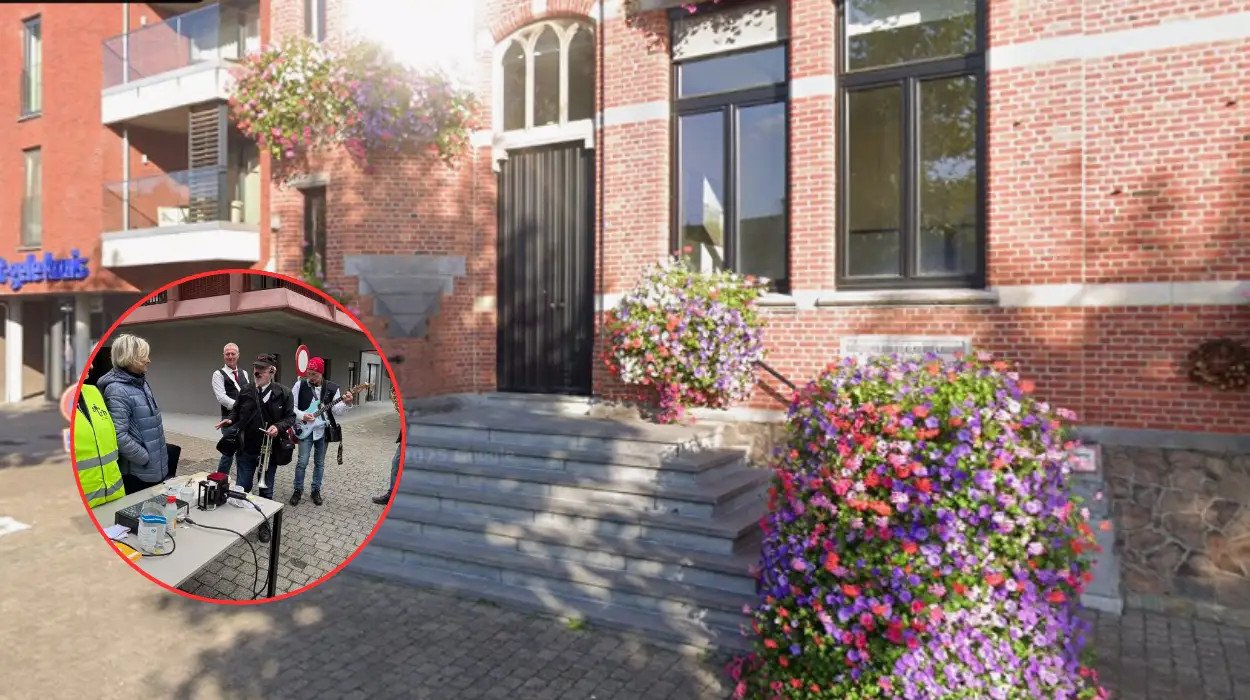Garnier, a skincare and haircare brand owned by L’Oréal, has faced criticism for allegedly supporting Israel following its donation of care packages to Israeli Defense Forces (IDF) female soldiers during the 2014 Gaza conflict known as Operation Protective Edge. The backlash erupted on social media, with many accusing the brand of aligning with the Israeli military, prompting calls for a boycott, reports 24brussels.
The donation was facilitated by StandWithUs, a nonprofit organization that advocates for Israel, leading Garnier USA to clarify that the contribution was a localized initiative and not reflective of the company’s political stance. The firm expressed regret if the donation caused offense, while some pro-Palestinian groups began actively boycotting the brand and called attention to its parent company’s manufacturing operations in disputed territories.
As a part of L’Oréal since 1970, Garnier has a complex history intertwining with its parent’s operations in Israel. Following its 1999 entry into the U.S. market, Garnier has developed numerous products, including popular items like Nutrisse hair color. Nevertheless, its involvement in geopolitical issues has clouded its image, as international corporations increasingly struggle to navigate business relations in politically sensitive regions.
History of Garnier
Founded by chemist Alfred Amour Garnier in 1904, Garnier started its legacy with a focus on hair care innovations using natural ingredients. Over the years, it launched various celebrated products, including the permanent home hair coloring in 1960 and sun care lines in 1936. L’Oréal’s acquisition of the company marked a significant expansion into skincare and body care, solidifying Garnier’s status as a trailblazer in the cosmetics industry.
The controversy surrounding Garnier and Israel
The incident in 2014, when Garnier donated care packages to IDF soldiers amid the Israel-Gaza conflict, ignited intense debate online. StandWithUs organized the donation, leading to fierce backlash from pro-Palestinian activists who perceived the act as support for the military actions of Israel. Garnier USA quickly distanced the brand from the donation, emphasizing that it was an isolated event and reiterating its commitment to non-political positioning.
Despite Garnier’s statements of neutrality, its structural connections to L’Oréal and operations in Israel generated ongoing scrutiny. Boycotts proliferated from groups aligned with the Boycott, Divestment, and Sanctions (BDS) movement, further complicating the brand’s public perception.
Citizen outrage and boycotts
Public reaction to the donation was overwhelmingly critical, with strong social media calls to action campaigns like #BoycottGarnier gaining traction. Users expressed their outrage through comments, posts, and imagery condemning the company’s perceived support of the Israeli military. In response, Garnier reiterated that the donation was merely a singular act by local retailers and maintained its standing as a peaceful advocate.
Garnier’s official response and position
Garnier publicly addressed the controversy, asserting that the donation was a non-political, isolated incident and expressing regret over any offense it might have caused. Company representatives emphasized their commitment to avoiding political affiliations in the future. Despite its efforts to clarify its stance, renewed calls for boycotts flooded social media, primarily driven by pro-Palestinian advocacy groups.
Relationship between Garnier and Israel
Garnier operates as a subsidiary of L’Oréal, which has had a significant presence in Israel since the mid-1990s. The brand provides products through local retailers and was involved in various initiatives, including the controversial donation to IDF forces. Despite Garnier’s claims of neutrality, its active participation in the region and connection to L’Oréal draw attention from BDS proponents, complicating the narrative surrounding its market activities. The case reflects broader challenges faced by international companies operating in regions fraught with geopolitical tensions, revealing the delicate balance between corporate interests and public perception.










